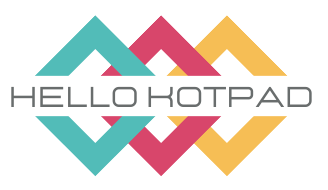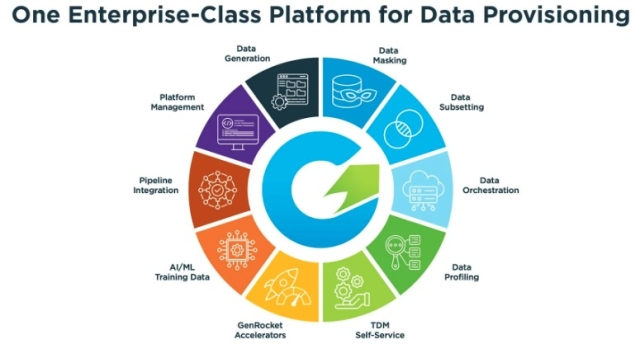
The relevance of technology in the hospitality sector has increased significantly over the past year as things go through the global situation. Every company acknowledges the importance of creating unusual, secure, and comfortable offers for their clients if they want to stay in business. The hotel industry can benefit from the productive application of technological methods because it increases client safety and helps draw in more business. Additionally, companies that use hospitality technology might recognize new chances for growth, and start offering a huge range of services, emerging as industry leaders.
Now let’s examine how technology is being used in the hospitality sector to elevate the consumer experience and establish new benchmarks for market participants.
1. Food and Drinks
The supply networks and manufacturers must have their procedures optimized. They need the equipment that will enable them to store and process their data. The technologies aid in estimating shelf life and measuring important quality characteristics. With the aid of data analytics, it is possible to predict how many variables, such as the weather, traffic, and route changes, affect the transportation of goods and help avoid their deterioration. This technology is popular in the hotel sector. Since everyone in the supply chain can access the same data, processes may be changed and risk factors can be decreased. It improves visibility, and brands may utilize it to create a system built on client trust and strengthen connections with them.
2. Robotics
Manufacturing facilities of various sizes and sorts from around the world rely heavily on robots. They may work long shifts and boost output rates, which helps to prevent downtime. Robots can handle many applications on a single platform, speeding up the introduction of new items into the manufacturing process. Additionally, if the business has placed robots at each crucial location, they can automatically choose and package orders following the demands of each consumer. Furthermore, because the robots constantly keep an eye on every item leaving the production line, this hospitality technology lowers product waste. They can palletize the shelves following certain specifications, enhance subsequent operations, and make all procedures more adaptable and efficient.
3. Mobile Technology
The majority of hospitality companies want to provide exceptional services not only during the trip but also before and after it. Applications developed in response to consumer needs may serve as 24/7 tour guides and experience enhancers for visitors. Numerous tasks are made easier by the apps, including hotel reservations and guiding travelers through airports.
4. Virtual helpers
Virtual travel assistants are those that operate from a distance for your business and do a variety of activities to enhance the customer experience. They can accept your calls and return your messages, assist with flight booking, and help clients create trip budgets. Business travelers often need to manage multiple tasks at once and don’t have time to keep track of all their plans, so virtual assistants come in helpful.
5. Technology Contactless
Their ability to make reservations, pay for services, and turn on the light in their rooms is altered by contactless technologies. It aims to reduce the number of social encounters while also enhancing guests’ comfort and safety. These technological advancements also make it easier for employees to carry out their daily tasks because they shorten line-ups at the front desk, improve the personalized visitor experience, boost sales, and support management activities.
6. Machine Intelligence
You may be familiar with “Connie,” an AI robot that Hilton has adopted as a cutting-edge method of providing in-person customer support. The robot informs consumers about local attractions and personalizes its responses based on their speech. The use of customer-provided AI-enabled phones is another new trend in hospitality information technology. They are also known as travel phones and feature promotional deals, built-in hotel apps powered by AI, and easy access to hotel service assistants.
7. Chatbots
If you have implemented a chatbot, you prevent guests from wasting time discovering the website and trying to reach out to customer care. Instead, users will pick a pre-written question from the list and send it using the messaging app that is most convenient for them to receive a prompt response. Besides, chatbots can offer coupons, send reminders, and auto-respond to Facebook comments. The importance of technology in the hospitality industry is that it gives customers the feeling of being valued and appreciated, giving them a more personal experience. The chatbots can inquire about guests’ needs for assistance or promote hotel events. Also, they help you to know the customers’ preferences and attend to more visitor inquiries and questions at once.
According to Sandeep Singh, Founder of Rubystone hospitality:-
“Technology has become an essential tool for the hospitality industry, providing effective measures to enhance the guest experience, improve operations, and drive revenue growth. From mobile check-in and keyless room entry to personalized recommendations and online booking platforms, technology has revolutionized the way hotels and restaurants interact with customers. Through the use of data analytics, hotels can gain insights into guest behavior, preferences, and feedback, allowing them to tailor their services and offerings to meet their needs. Additionally, technology can automate routine tasks, freeing up staff to focus on delivering exceptional customer service. Overall, technology is a powerful enabler of success for the hospitality industry, helping businesses to stay competitive and relevant in a rapidly changing market.”







